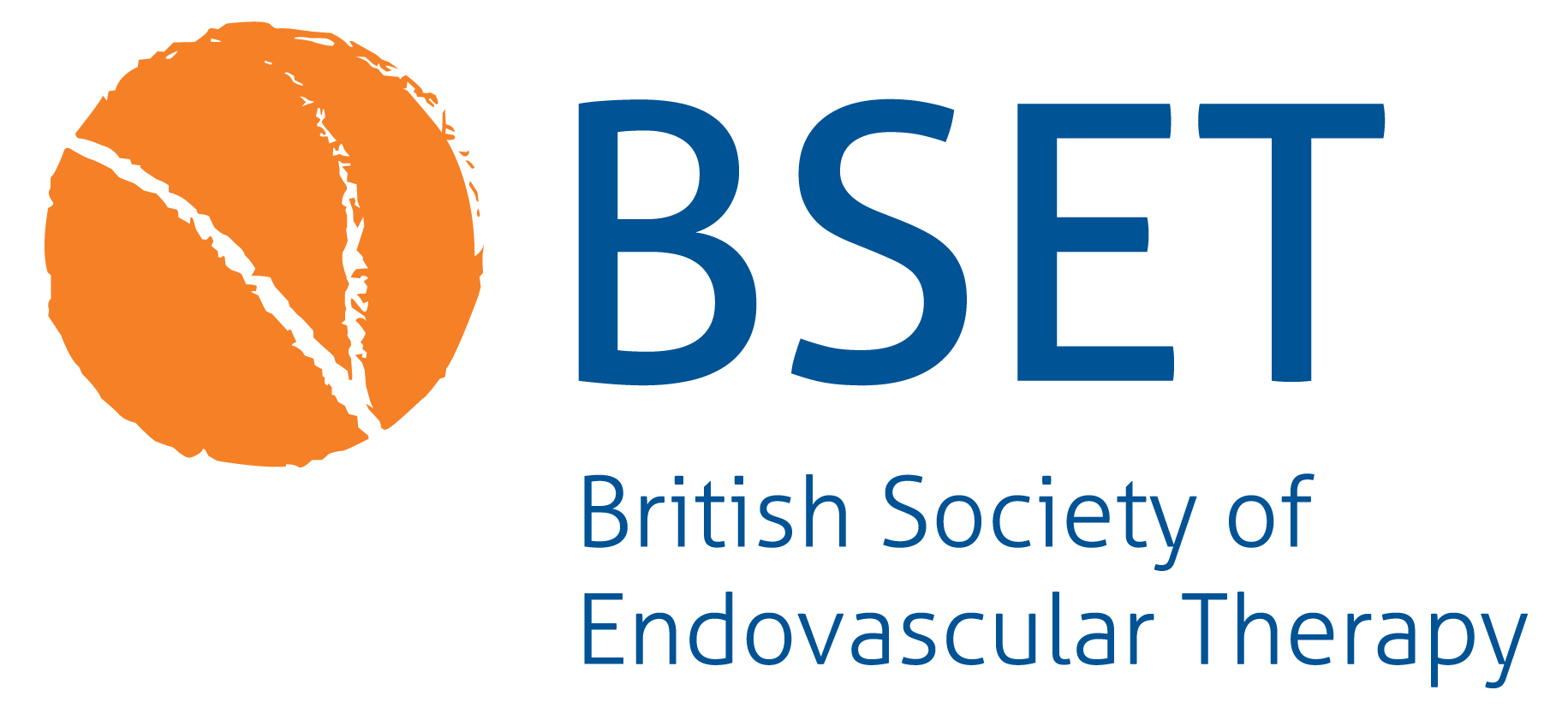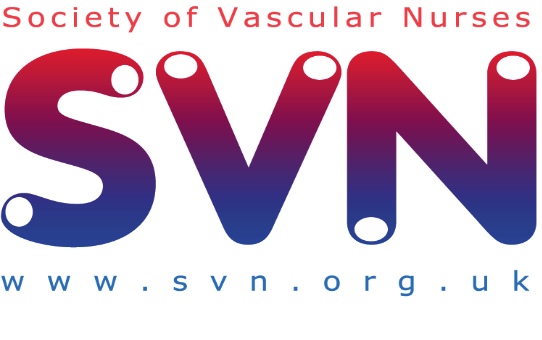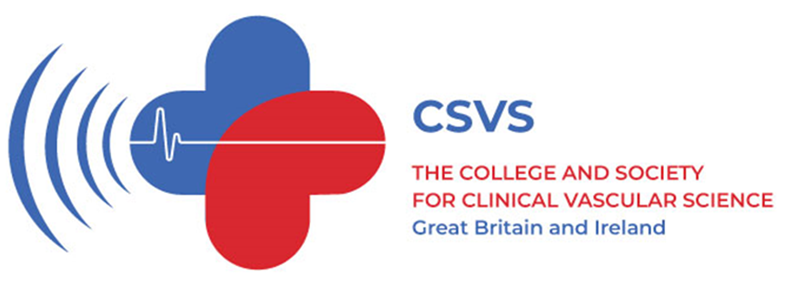vascular
A quality improvement project on operative records
Background Accurate and legible operative notes are critical for providing high-quality postoperative care and they also serve a crucial role for medicolegal disputes.1,2 The General Medical Council (GMC) has emphasised the importance of good documentation as part of good medical practice.3 Additionally, the Royal College of Surgeons of England (RCSEng) has developed a guideline that…
Read MoreResearch priorities for vascular services: results of the UK Vascular James Lind Alliance Priority Setting Process
Background Vascular disease covers a broad spectrum of conditions and treatments, with over 40,000 vascular surgical procedures performed in England each year.1 It is one of the largest contributors to morbidity and mortality globally, accounting for 40% of deaths in the UK and estimated heath and care costs of £9 billion annually.2 Work conducted under…
Read MoreResearch priorities for venous conditions: results of the UK Vascular James Lind Alliance Priority Setting Process
Background Venous disease encompasses a range of conditions that vary in severity and, if left unmanaged, can lead to serious conditions such as leg ulcers. This presents a huge economic burden to the NHS, estimated to be between £1bn and £3bn per year for ulcers alone.1–3 Venous disease can negatively impact on quality of life…
Read MoreA survey of surgical site infection prevention practice in UK vascular surgery
Introduction Surgical site infections (SSI) are a common complication following vascular surgery, with significant detrimental effects for patients and healthcare providers.1 Reported SSI rates vary, but may be as high as 40%.2 This high rate is due to vascular surgical patients often being elderly, smokers and diabetics, frequently having multiple long-term conditions. Undesirable physical sequelae…
Read More










